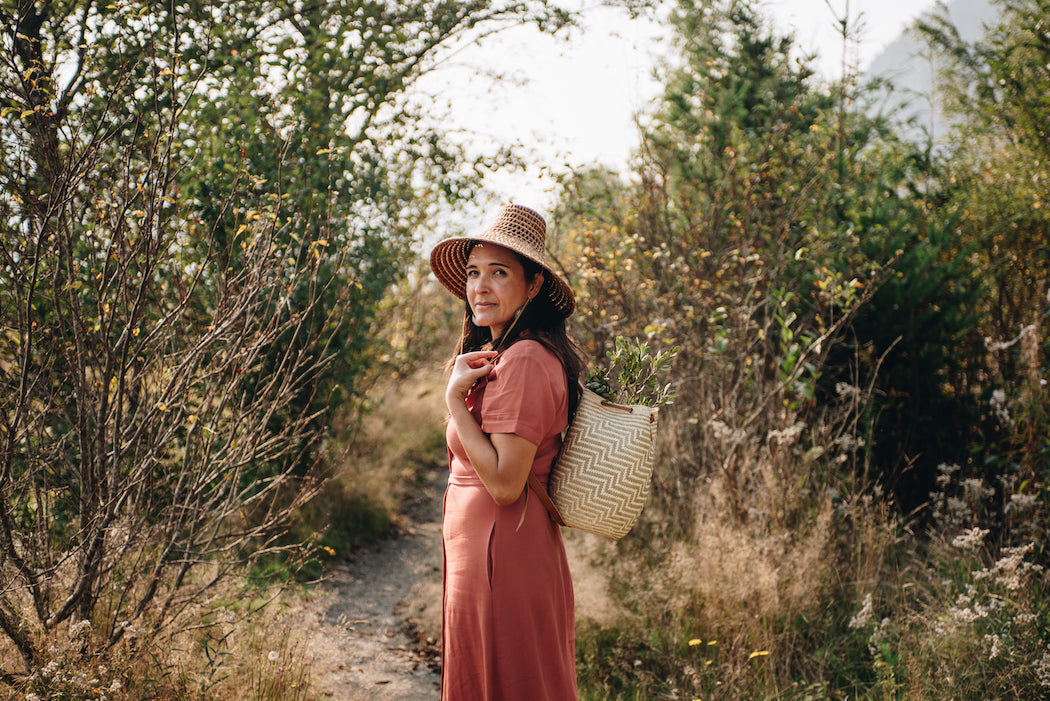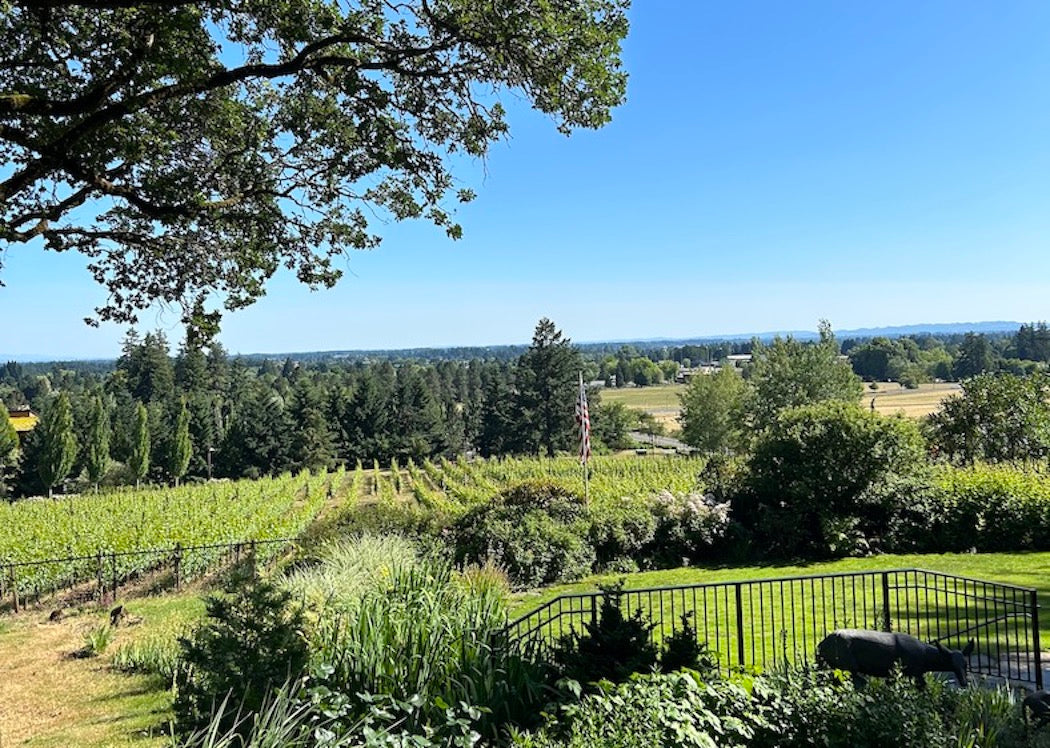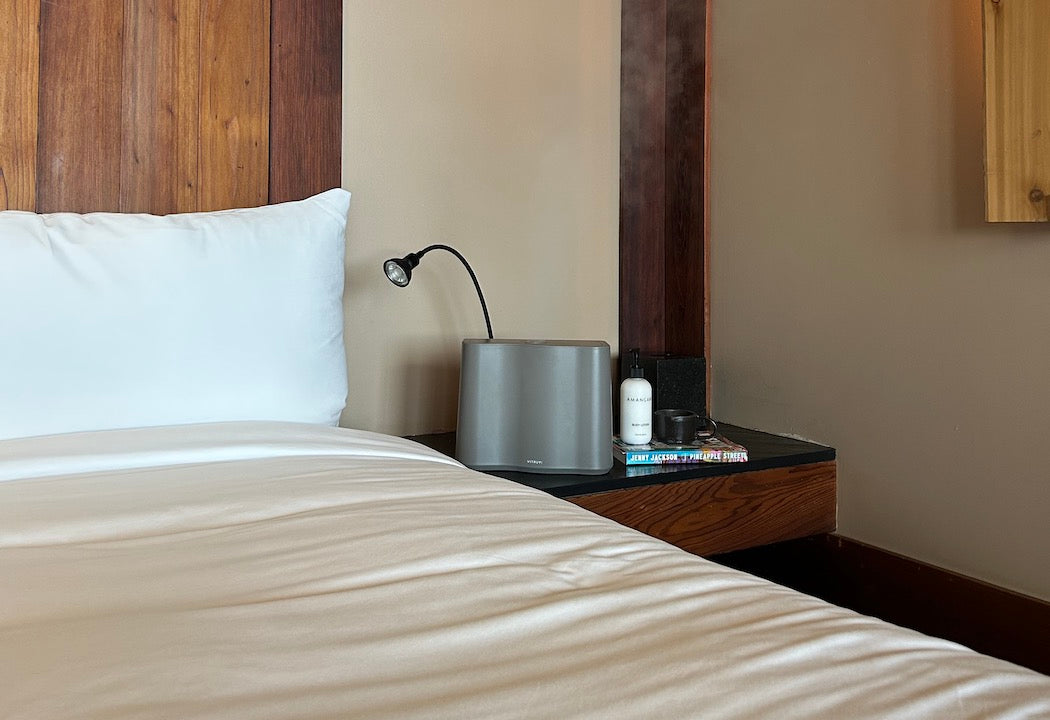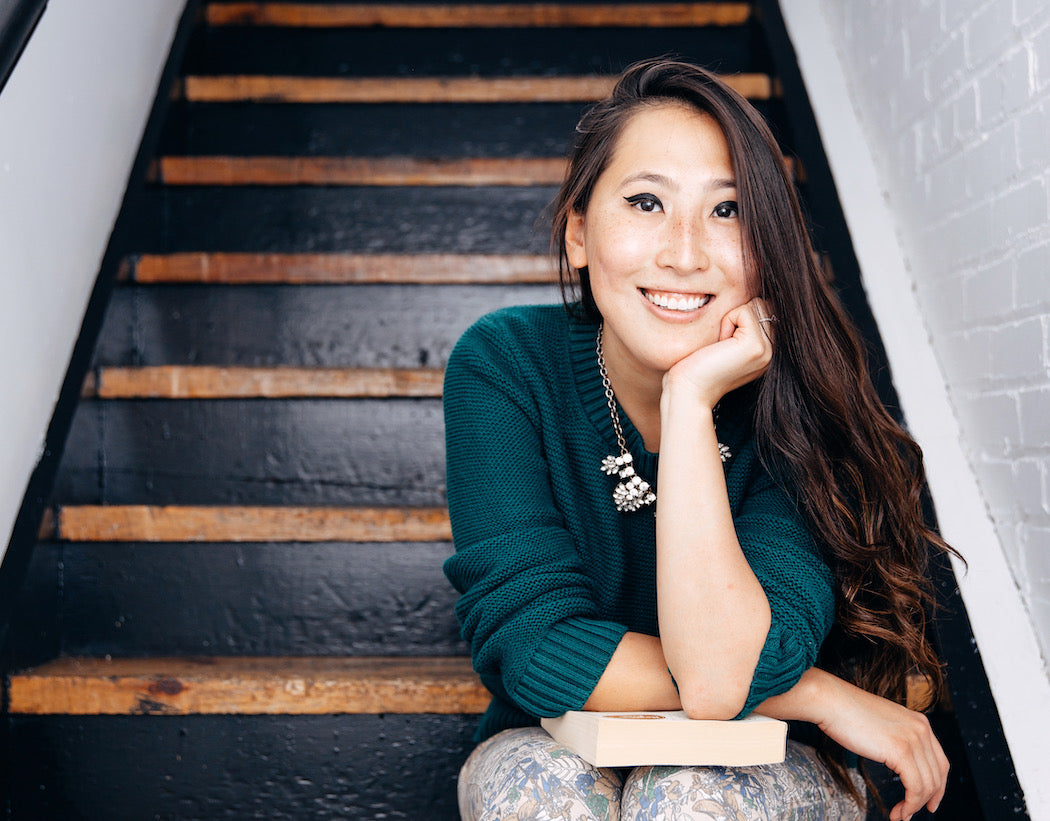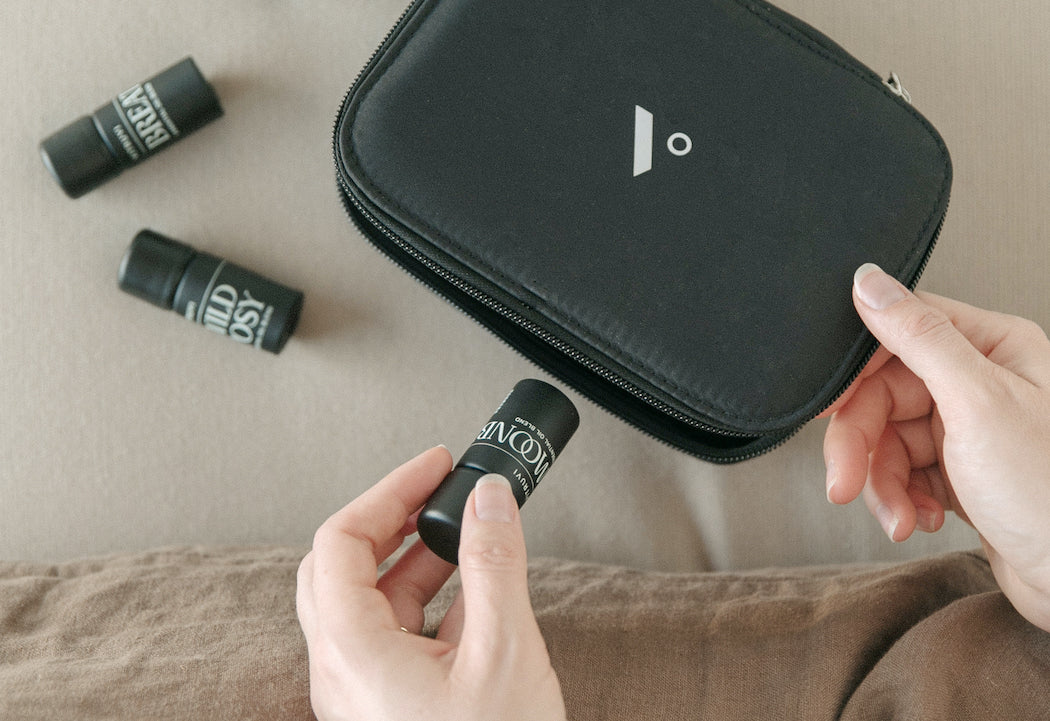Styawat (Leigh Joseph), from the Skwxwú7mesh First Nation, wears many hats: she’s an ethnobotanist, a PhD candidate, a community activist, a mother of two young children, and the founder of Sḵwálwen Botanicals: a wellness and skincare company based in Squamish, British Columbia that honors cultural knowledge, Indigenous plant science, and the importance of self-care.
Here, she speaks about her life guided by plants, the balance in growing a small business, and her newly-released debut book, Held By the Land: A Guide to Indigenous Plants for Wellness.
What was your land-based relationship like when you were growing up?
The best way to describe it was feeling the most at ease, the most belonging, and the most comfortable in my skin when I was outdoors. I also have memories of spending time with elders and seeing plants present—processed dried plants on counters; parts of plants placed in certain areas for blessing and protecting the house and people inside it spiritually—so there has always been that connection.
Looking back to your childhood, is there a particular memory or experience that has shaped the path—and guiding philosophies—of Sḵwálwen Botanicals?
Earlier memories often come back to my great aunt Eva and great uncle Chester on my Nanaimo (Snuneymuxw) side of my family, whom I call granny and grandpa. Throughout my childhood, they shared teachings and instilled what it means to bring together the natural world, culture, and family. My granny was a knitter. She would say, “Wherever your hands are will bring your spirit—and everything you are—into that moment.” I remember that intentionality every time I go into an outdoor space.
That awareness of plants as relatives of the land—not just to support humans economically, but something we really have a responsibility towards—helps us bring a presence of mind and care to what we do. I think deeply about popularizing land-based knowledge in a beauty and skincare space that still doesn’t have much Indigenous representation, while understanding my responsibility toward not exploiting traditional information passed to me for the purpose of rebuilding community knowledge.

How do you stay true to those values as you scale Sḵwálwen Botanicals as a business?
I’m actively engaged in that process right now. We’ve moved from hand-harvesting ingredients to working with sustainable suppliers (including Native plant nurseries), and building partnerships within our supply chain. I envision Indigenizing our supply chain as much as possible and growing botanicals for the business without putting pressure on wild populations.
Our tree-shaped business model looks at the nutrients we need to draw up for growth—and the grounding parts of the business that can’t ever be compromised because we’ll compromise the entire structure and strength of Sḵwálwen. Our goal is certainly not endless growth, but there’s an opportunity to get in front of a broader audience: increasing Indigenous representation and storytelling, as well as sharing what sustainability, transparency, and cultural responsibility all mean to us. It’s certainly not the easiest path to profitability. I could cut corners, but that would mean putting more plastics into the environment and sending out substandard products, so it’s a slow process. I draw on different resources, and I have lots of mentors because there isn’t a clear path for growing a sustainable Indigenous consumer packaged goods business in a way that isn’t completely aligning with capitalism, essentially—even though we’re playing in that system.
Your book “Held By the Land” is not just a field guide, it’s a love letter. How do you describe all that it encapsulates?
It’s a mix of three things: it could live comfortably as a reference book on your desk or coffee table, a recipe book, and a framework for building place-based—and land-based—relationships through plants. The book is written from a Squamish perspective but is more broadly accessible. The plants listed have a much wider range, but I really wanted to ground the storytelling and knowledge-sharing in Squamish. I didn’t want to speak for the multitude of other Indigenous communities in relationship with these plants, so that was an entry point to enter the content in a personal way.
You write about being in relationship with plants. Can you speak more about the importance of that when harvesting?
From a young age, I learned to bring a gift to a plant, to hold myself in a good heart and mind, and to only take as much as needed. Without that, people may risk overharvesting purely for profit or individual use. From a spiritual perspective, deepening our relationship helps to understand interconnections, seasonality, localized knowledge, and observations; it impacts how we decide to use our resources, privileges, or opportunities to uphold our part of the relationship with our nonhuman kin.

At the end of the book, you remind readers about being a good future ancestor. What legacy would you like to leave?
I would love to leave a pathway having cleared some of the brambles and the barriers for future Indigenous people who want to further the knowledge, reclamation, and integration of plant medicines and foods.
This interview has been edited and condensed for clarity.

